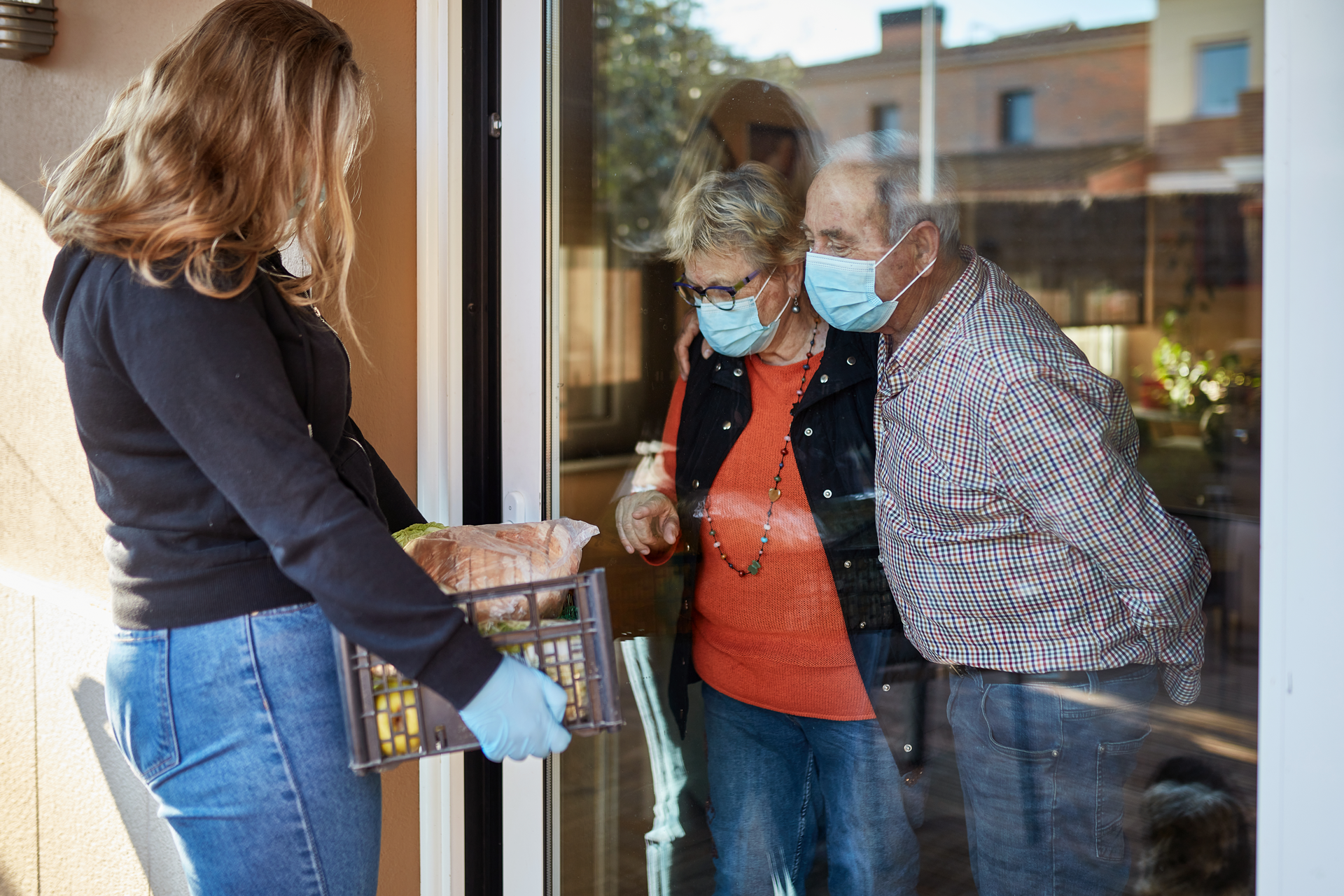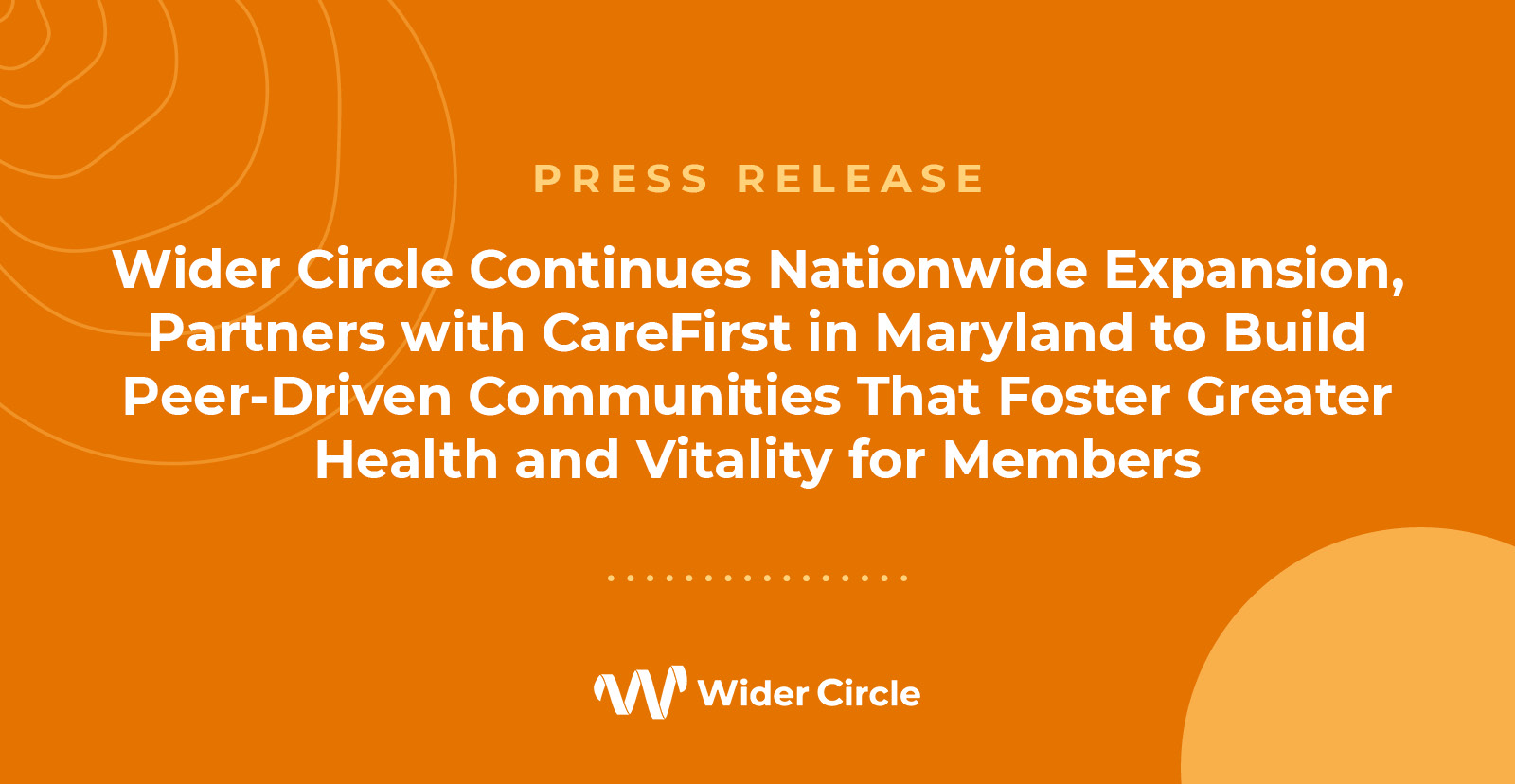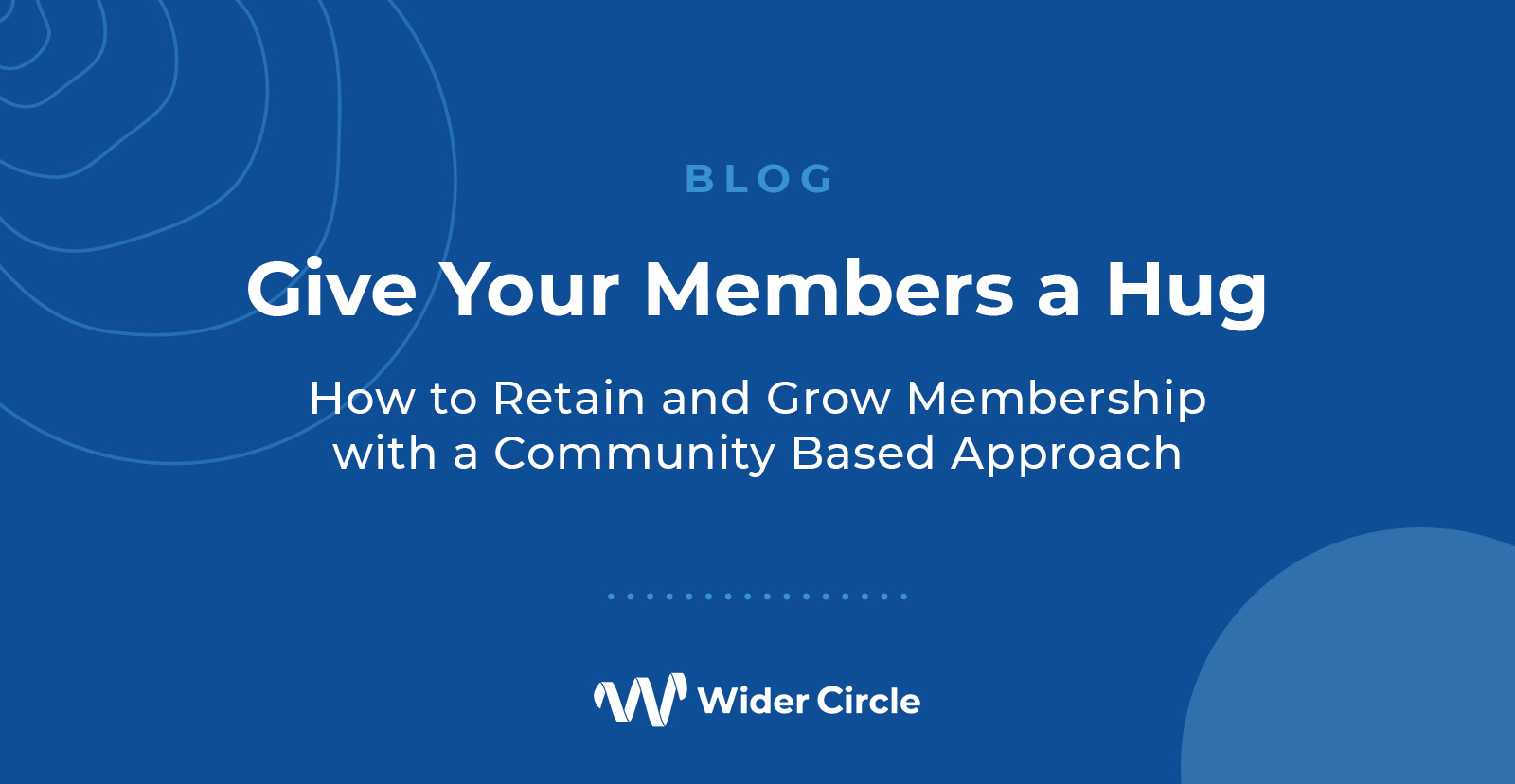
Our Neighbors and the people we meet often at our local grocery store or coffee shop anchor us in the world and give us a sense of being part of a community. The people who help us get through the day add spice to our life enabling experiences and information we would not have otherwise had.
In the midst of a pandemic that has temporarily ruptured our physical connections and tested the limits of our virtual ones, remaining connected to others is still the linchpin of our emotional and physical health, and of the overall health of our society, especially during dark times.
And nowhere is connection more important than in one’s own neighborhood. Health begins where we live, learn, work and play, among people who share our community and culture. How long and how well we live is determined not only by our personal behavior, but by our social relationships and our physical environment. Neighbors are the people who can positively affect the most important aspects of our lives, laying the foundation for better health, increased safety and overall community pride, among other things.
We know that socially cohesive neighborhoods can positively shape their residents’ well-being; several studies have found associations between neighborhood cohesion and improved physical and mental health. Studies have also shown that residents of socially cohesive neighborhoods may be more likely to work together to achieve common goals (e.g., good schools, cleaner public spaces); to exchange information (e.g., childcare resources, job openings); and to maintain informal social controls (e.g., discouraging crime).
Neighborhoods and good neighbors keep us engaged and needed. By doing so, neighbors and communities give us a good reason to get out of bed every morning to participate in our community and be of service to its members.
A Trusted Circle
People who live in connected communities support each other, share information that is trustworthy and easily actionable, and often motivate each other to adopt better lifestyle habits. Maintaining social connections with our neighbors can help us in myriad ways, including:
Increase confidence and self-esteem. People who report feeling lonely often exhibit lower confidence and self-esteem. Spending time with those you are familiar with and whose company you enjoy can boost confidence, and improve how we see ourselves.
Achieve a greater sense of purpose. Spending time with neighbors helps us feel useful and that our life has a greater purpose. When we have something to do, somewhere to go, and someone counting on us, it feels good. When others count on us, we are more likely to take care of ourselves, and stay healthy for as long as we can.
Cultivate resiliency. In the face of hardship or adversity, socializing with neighbors can help individuals hone skills that can reduce stressors and recover from setbacks.
Adopt healthy habits. Engaging with people who model and encourage us to keep healthful habits or achieve challenging lifestyle goals helps us to remain mindful of our eating, exercise, and other lifestyle-related habits.
Live longer. Studies show that loneliness is a risk factor of functional decline and death, especially in older people. Staying social and connected with others can not only extend the length of our life but the quality of it as well.
Trusted community circles form the foundation of our work at Wider Circle. We bring together health and other resources at the local level, making it easier for neighbors to take care of each other. Our goal is to make neighborhoods what they used to be—people looking out for one another in an organic and meaningful way that ultimately empowers them all to be more proactive about their well-being.



